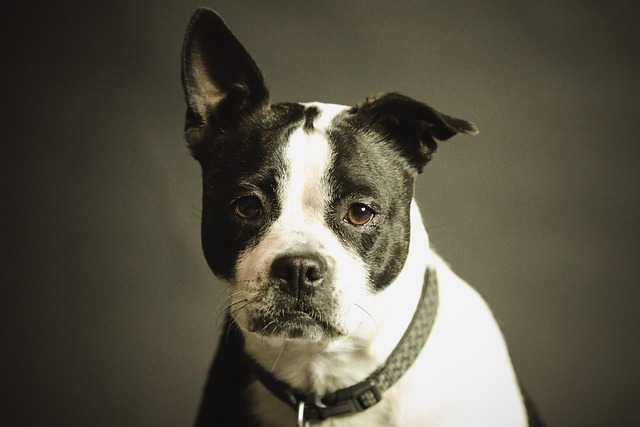
How do i train my dog to be obedient?
Watching your dog dart across the park ignoring your calls isn’t just frustrating—it can put them at risk near busy streets or public spaces.
Potty training a dog is one of the first big steps new owners tackle, and it’s normal to wonder how long the process will take. Every pup is different—age, breed, and even personality play a role—but most dogs start to get consistent with their habits in 4 to 6 weeks. Puppies under 6 months might take a bit longer because their bladders are still small, while adult dogs who already have some training could pick it up faster. The key here is patience; rushing or getting frustrated can slow things down for both you and your dog.
Understanding your dog’s natural rhythm makes potty training smoother. Dogs typically need to go after eating, napping, playing, or waking up in the morning—so sticking to a regular schedule helps them learn when to expect a trip outside. For example, if you feed your pup at 7 AM, take them out 15 to 30 minutes later, and praise them immediately when they go. This uses positive reinforcement, a method widely recommended in Western pet care because it builds trust instead of fear. Never use punishment like scolding or rubbing their nose in accidents; it doesn’t teach them what to do right and can harm your bond.
 Practical steps make a big difference, especially if you live in an apartment or busy neighborhood. Keep a few supplies handy: poop bags, a favorite treat for rewards, and maybe a crate if your dog is comfortable with it. Crates mimic a “den” space, which most dogs won’t soil, so using one when you can’t supervise helps prevent accidents. When you’re outside, pick a consistent spot—dogs use scent to remember where to go, so this reduces confusion. If an accident happens inside, clean it thoroughly with an enzyme-based cleaner to remove the smell; leftover scents can make them go there again.
Practical steps make a big difference, especially if you live in an apartment or busy neighborhood. Keep a few supplies handy: poop bags, a favorite treat for rewards, and maybe a crate if your dog is comfortable with it. Crates mimic a “den” space, which most dogs won’t soil, so using one when you can’t supervise helps prevent accidents. When you’re outside, pick a consistent spot—dogs use scent to remember where to go, so this reduces confusion. If an accident happens inside, clean it thoroughly with an enzyme-based cleaner to remove the smell; leftover scents can make them go there again.
It’s also important to stay on top of legal and cultural norms. Before you start potty training, make sure your dog is up-to-date on vaccines—many public parks and sidewalks require this to keep all pets safe. In some areas, you might even need a license for your dog, which is often tied to their vaccine records. Remember, community respect goes a long way too: keep your dog on a leash during walks and always carry extra poop bags. These small acts not only keep you compliant but also help keep neighborhoods friendly for other pet owners and non-pet owners alike.
By the time your dog is consistently going outside, you’ll both feel more confident. Some days will be better than others—don’t stress over occasional accidents, especially if your pup is sick or adjusting to a new routine. The goal isn’t perfection overnight, but building a routine that works for your lifestyle and your dog’s needs. With time, positive reinforcement, and a little consistency, potty training will become second nature, and you’ll have more time to enjoy walks and playtime with your well-trained companion.

Watching your dog dart across the park ignoring your calls isn’t just frustrating—it can put them at risk near busy streets or public spaces.

New puppy owners often find themselves rushing to clean up accidents before they set in, and that’s where puppy pad training becomes a game-changer.

If you've noticed your dog's waistline disappearing and your veterinarian has mentioned those few extra pounds, your first instinct might be to simply reduce the amount of food in their bowl.

Training a dog to use a designated spot indoors isn’t as daunting as many new owners fear, but it does take consistency and an understanding of your pet’s needs.

That moment of dread on a walk is all too familiar for many new dog owners. You see another dog approaching down the sidewalk of your neighborhood

If the sight of another dog on your neighborhood walk makes your heart sink as your own dog erupts into a frenzy of barking and lunging, you're not alone.